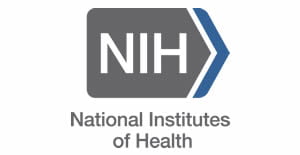RSS Feed Source: Academic Keys
JOB TITLE
Research Scientist
LOCATION
Worcester
DEPARTMENT NAME
Mechanical Engineering – NFR JM
DIVISION NAME
Worcester Polytechnic Institute – WPI
JOB DESCRIPTION SUMMARY
We are seeking a highly skilled and driven individual with expertise in materials science and mechanical engineering to lead a project in materials and structures for extreme environments. This initiative is a collaborative venture between aerospace corporate partners and a multi-disciplinary team of researchers at WPI with the goal of developing novel coating technologies to enhance the durability and reliability of engine blade components. The Research Scientist position will involve designing methodology/setups and conducting experiments that will contribute to the development of novel thermal barrier coatings for advanced turbine airfoils. The candidate should be prepared to work in a fast-paced environment, which requires regular reports and presentations to research sponsors.
WPI is passionate about creating an inclusive workplace that promotes and values diversity. We encourage applications from candidates who can support
Click this link to continue reading the article on the source website.

